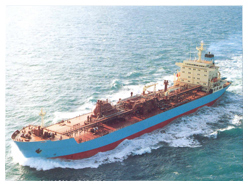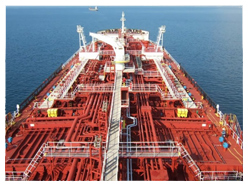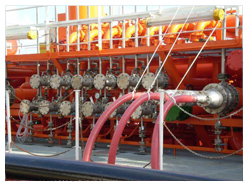|
The Maritime Safety Committee, at its ninety-fourth session (MSC 94), adopted the International Code for Ships Operating in Polar Waters (Polar Code), which came into effect on 1 January 2017 upon entry into force of the new chapter XIV of the SOLAS Convention. The Maritime Safety Committee, at its ninety-seventh session (MSC 97) adopted amendments to the International Convention on Standards of Training, Certification and Watch keeping for Seafarers (STCW), 1978, as amended, and the STCW Code, related to the Polar Code. These new STCW amendments will take effect on 1 July, 2018. The application framework for manning and training requirements for the master, chief mate and officers in charge of a navigational watch on board ships operating in polar waters is defined under the Polar Code, and the contents of basic and advanced training requirements are defined in the STCW Convention and Code.
|
|
Interpret the basic requirements for structure, stability and subdivision,
machinery, life-saving appliances, fire protection, voyage planning, ship routing,
navigation systems and equipment, radio communication, pollution prevention
equipment, liability and safety management systems, as applicable to the
different types and sizes of ships which may undertake voyages in polar waters;
Contribute to safe operation of vessels operating in polar waters;
Identify the ice characteristics and areas where different types of ice can be
expected in the area of operation;
Monitor the vessel performance in ice and low air temperature;
Contribute to safe operations and ship manoeuvrability in ice;
Monitor and ensure compliance with legislative requirements;
Apply safe working practices and to respond to emergencies;
Monitor the correct crew preparation, working conditions and safety;
Communicate the need to ensure compliance with pollution- prevention
requirements and prevent environmental hazards; andPerform makeovers in order to safely operate ships in polar waters.
|




